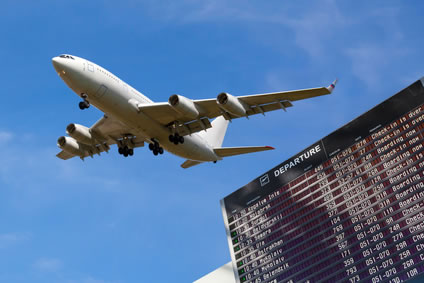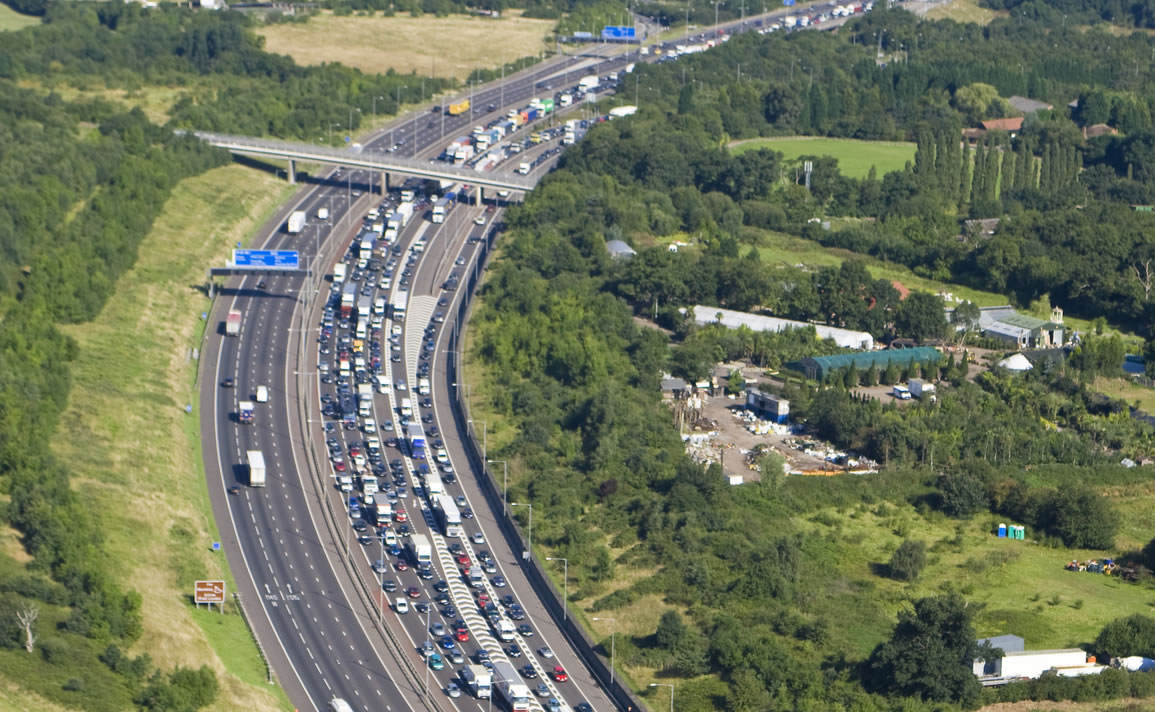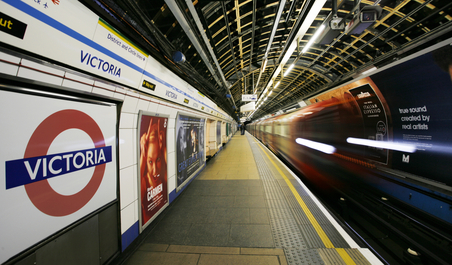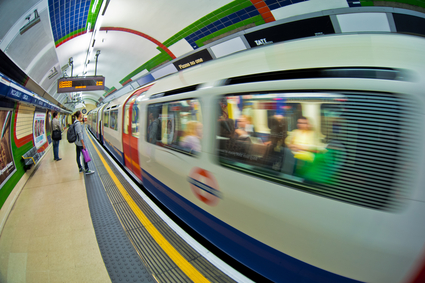Significant intervention to cap rail fares comes as government delivers target to halve inflation
Fare increases capped at 4.9% and will not increase until 3 March 2024.

- most regulated rail fares will be capped at 4.9% instead of the July RPI figure which has been historically used
- lower fare cap comes after government delivers target to halve inflation by the end of the year
- rail fare increase is significantly lower than July’s 9% rate and set to come in on 3 March 2024 so passengers benefit from cheaper fares for longer
- increase necessary to support the long-term financial stability of the railway and deliver reforms
The government has today (22 December 2023) announced a significant intervention to cap next year’s rail fare increase at 4.9%, considerably below the 9% July’s retail price index (RPI) figure on which they are historically based.
This comes as the government delivers its commitment to halve inflation by the end of the year with the latest statistics showing inflation is at its lowest level for over 2 years at 3.9% – helping to keep fare rises lower in the long term.
Since 1996, under both Labour and Conservative governments, regulated rail fares have increased closely in line with RPI inflation – never being more than 1% above or below RPI before last year’s significant government intervention.
Today’s announcement means fare increases are lower than last year’s rise and will not increase until 3 March 2024. This means passengers will not see any changes in their fares until then, giving them more time to purchase season tickets at the current rate and keeping fares as low as possible for longer. Fare changes will now take place in March every year moving forward.
The regulated fare cap for National Rail operators in England is also significantly lower than in Scotland where rail fares are set to increase by 8.7% from April next year.
Transport Secretary, Mark Harper, said:
Having met our target of halving inflation across the economy, this is a significant intervention by the government to cap the increase in rail fares below last year’s rise.
Changed working patterns after the pandemic means that our railways are still losing money and require significant subsidies, so this rise strikes a balance to keep our railways running, while not overburdening passengers.
We remain committed to supporting the rail sector reform outdated working practices to help put it on a sustainable financial footing.Today’s announcement builds on last year’s unprecedented intervention, which saw government?cap the increase for 2023 at 6.4 percentage points lower than the 2022 July RPI figure. This means the government will have helped keep ticket prices more than 9% lower than what passengers would have paid if rises matched the RPI benchmark in the last 2 years.
With changes to working and travel patterns, there are significant challenges facing the railways. From July to September 2023, rail revenues were 78% of pre-pandemic levels once inflation was taken into account. Over the past year (2022 to 2023), the taxpayer has provided £12 billion in support for the railways, which is over £420 per household, as it continues to deal with a persistent revenue shortfall after COVID-19.
Some fare increases are, therefore, necessary to ensure the financial sustainability of our rail network, as are cost-saving reforms which ministers have urged rail unions to agree with.
The 4.9% increase strikes the right balance to keep our railways running and financially sustainable, while not overburdening passengers with excessive fare rises as we bear down on inflation.
This comes on top of further government interventions to keep the cost of travel more affordable. Since January 2023, single bus fares in England have been capped at £2 thanks to government funding. The bus fare cap had been due to rise to £2.50 in November 2023 but we are keeping the fares down at £2 until the end of next year to help millions of people make significant savings on their travel costs.
The bus fare cap has helped cut fares in England outside London by 7.4% between June 2022 and June 2023, with even bigger savings in rural areas where fares have dropped by almost 11%. This extension is only possible due to the redirected High Speed 2 (HS2) funding as part of our Network North plan and takes the total government investment to keep bus fares down to nearly £600 million – with over 140 operators signing up to continue offering the cap across more than 5,000 routes.
Rail media enquiries Media enquiries 0300 7777878 Switchboard 0300 330 3000Highways England news licensed and reproduced under the Open Government Licence v3.0
comments powered by DisqusOther Stories
 News in brief | Thursday, 25 April 2024
News in brief | Thursday, 25 April 2024Our daily roundup of traffic and travel news and press releases from official transport sources
 Daily traffic & travel news | Wednesday, 24 April 2024
Daily traffic & travel news | Wednesday, 24 April 2024Our daily roundup of traffic and travel news and press releases from official transport sources
 Transport & traffic summary | Tuesday, 23 April 2024
Transport & traffic summary | Tuesday, 23 April 2024Our daily roundup of traffic and travel news and press releases from official transport sources
 Traffic & travel news roundup | Monday, 22 April 2024
Traffic & travel news roundup | Monday, 22 April 2024Our daily roundup of traffic and travel news and press releases from official transport sources
 Traffic & travel news roundup | Sunday, 21 April 2024
Traffic & travel news roundup | Sunday, 21 April 2024Our daily roundup of traffic and travel news and press releases from official transport sources
 Transport & traffic news daily | Saturday, 20 April 2024
Transport & traffic news daily | Saturday, 20 April 2024Our daily roundup of traffic and travel news and press releases from official transport sources

Except where otherwise noted, content and photographs on this site are licensed under a Creative Commons Attribution 3.0 License.
Owned, operated and copyright CliqTo Ltd 2024 and Chris Haycock. Registered company number 7575287.